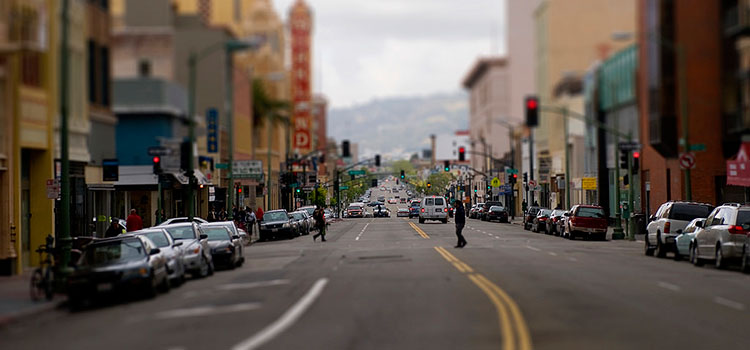The Oakland City Council voted 4-3 to revise their equity permit program and abandon the plan requiring canna-businesses to give 25 percent of their profits to the city, according to a San Francisco Gate report. The equity program would have given half of the city’s cannabis licenses to individuals who were incarcerated on cannabis charges in Oakland within the last 10 years, or have lived in an East Oakland police beat that saw high marijuana arrests for at least two years.
The vote also struck down a plan that would have seen large-scale cannabis businesses in Oakland pay back taxes plus interest, and $10,000-a-day fines for each day they were in operation.
The original plan had passed the council unanimously, but during the meeting three of council members proposed a plan that would allow the individuals targeted under the original plan to access loans, be given tax incentives, and offered expedited city permits. The scheme would give perceived victims of the war on drugs a slight edge in Oakland without squeezing the industry.
Proposition 64, California’s recent legalization mesaure, requires that all cannabis businesses must have local and state licenses by January 2018, and in order for businesses to get licensed in Oakland the City Council must codify their rules. Oakland attorney James Anthony said that while the city was the first U.S. city to issue a cannabis dispensary permit, the city has fallen behind others in California.
“In the context of repression, prohibition and confusion at the state and federal level, Oakland made it work,” he said in the report.
The council members indicated that they would use the tax incentives plan as a guide for the new laws, which are expected in January.
Get daily cannabis business news updates. Subscribe
End
